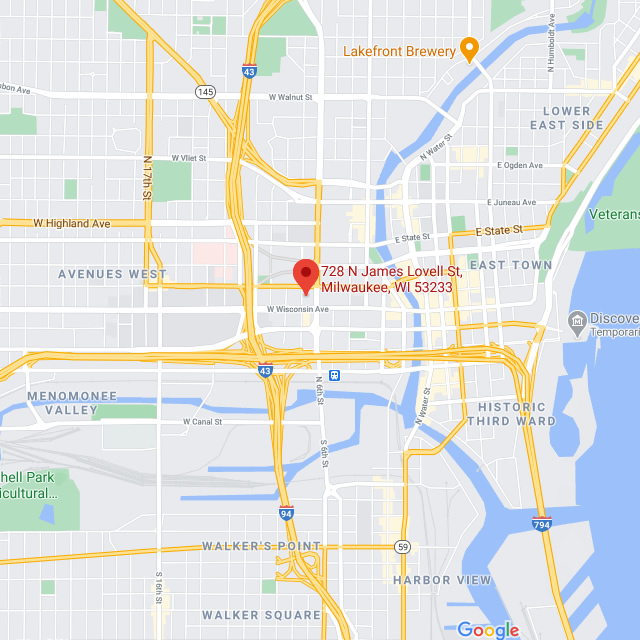Are you a current Berrada Properties tenant facing financial hardship? If your rent is more than five days late or if you are unable to pay next month’s rent, putting you at risk of eviction, the Berrada Properties Tenant Eviction Diversion Program offers several options to help you stay in your home or avoid an eviction on your record.
Eviction Diversion Offers:
- Payment Plan: If you are one month or less behind on rent, you may be eligible to set up a payment plan to catch up.
- Short-Term Rent Assistance: If you have experienced a financial hardship or loss of income and are low-income, you may qualify for short-term rent assistance.
- Move-Out Agreement: If staying in your unit is not an option, you may be able to move out within 14 days to avoid an eviction on your record.
Eligibility Criteria for Assistance:
✔ Be no more than one month behind on rent
✔ Be 18 years or older
✔ Be a leaseholder of a Berrada Properties rental unit
✔ Have experienced a verifiable loss of income in the past 30–90 days
✔ Have verifiable current income
✔ Meet program income guidelines
How To Apply:
The Milwaukee Rental Housing Resource Center will meet with Berrada tenants to assess eligibility for the eviction diversion program. please visit the Rental Housing Resource Center with all eligibility and income support documentation to apply—no appointment is necessary.
Click here if you are a Berrada tenant and want more information on the resources available to you.









